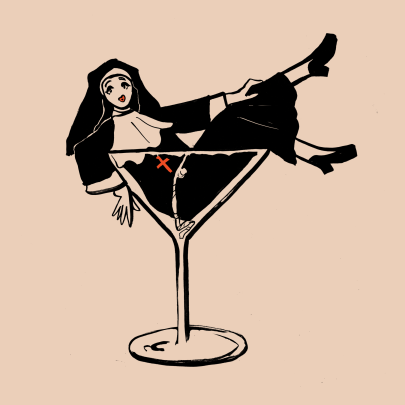Mar 18, 2016 Theatre

Changes, the world premiere of two new contemporary dance works for Black Grace, certainly does feel like a move away from the distinctive style on which the company has built its name. This is not surprising, considering it is the first time Artistic Director Neil Ieremia has invited another choreographer to work with the company. The invitation was extended to Singaporean choreographer Swee Boon Kuik as part of the inaugural Asia Pacific Dance Project, a new Auckland Arts Festival initiative that brings choreographers from the region together to create work.
Swee Boon Kuik’s work is conceptual in nature, intended to carry a message to the audience. In Change and Constancy, Kuik’s choreography was informed by his interactions with Black Grace dancers, what he learned of their cultural heritage and how it contrasted with his own experiences in Singapore. The work is a meditation on diversity, and our society’s acceptance of that diversity.
It began in silence, with a stark set and a minimal wash of light from designer Paul Lim. Zihao Zhuo, a dancer from T.H.E. in Singapore, moved on the left of the stage inside his own world, as if enveloped in an orb of energy that muffled sound. On the right, Black Grace’s Callum Sefo, sitting cross-legged. He wore togs, and a towel draped over one shoulder. After three minutes of silence, punctuated by the coughs, sneezes and awkward titters of the crowd, Sefo began to sing and dry his hair, while Zhuo continued moving. They did not acknowledge each other. It was a jarring beginning to what was a remarkably uncomfortable performance.
Where Black Grace has traditionally used body-as-percussion, inspired by Samoan dance, Swee Boon Kuik used the dancers’ very identities, and every part of the stage and beyond it to communicate a sense of unease and otherness. Dancers spoke loudly in their native tongues and tones, moving around each other, on and off stage, and interacting with a series of repetitive movements that looked alternately graceful and ungainly.
This first vignette morphed into an extended, awkward love story of sorts between two dancers. It was humorous and sweet, and punctuated only by a loud shout from the audience of “BORING”, which caused a near riot in the row in front of me, stealing attention away from the stage at the start of what was, for me, the most visual and poignant moment of Kuik’s work.
It felt like a form of vandalism that could quite easily turn to violence, and indeed that is the vision we were left with when the curtain fell.
Change and Constancy’s final vignette saw dancers moving in their own isolated spaces while others sprinted in circles around them, marking their own special brand of otherness with coloured chalk on the back wall of the set as they passed. It felt like a form of vandalism that could quite easily turn to violence, and indeed that is the vision we were left with when the curtain fell. The applause was loud, but I can’t be sure if that was the mortified audience trying to drown out the sound of that same audience member’s booing, or true appreciation.
The second half of the show was dedicated to Ieremia’s new work, Another Letter from Earth, and I expected it to be a return to a more familiar Black Grace – all fluid leaps and throws and breath-taking displays of strength.
Another Letter from Earth is about death, and it is dark and meditative, with odd moments of fast-paced beauty and grace. The lighting was low except for the occasional shaft from the wings – calling the dancers into oblivion – or a pool of light that framed a moment of loss. In one beautiful moment the dancers threw themselves across the stage beneath a hail of strobe lights, thrashing against the inevitability of their own end. Maipihi Te Rerehau Kelland moved across the stage in agonising slow-motion wearing a black colonial-era dress with a full moko. She sang, she spoke in tongues, she unleashed the distinctive, chilling Maori wail of lament for the dead.
In this work, Ieremia has explored the many ways that death affects the living; the way we fight it, deny it, and wonder how we will respond when our own time comes. It felt to me like a bleak undertaking, creating art about the most futile of human struggles is perhaps as inevitable as the struggle itself, and maybe equally as fruitless.
Changes is an apt title for these two new works. For me, they represent a change in direction for Black Grace that must, in part, have come from the refreshing international influence upon the company that Swee Boon Kuik brought. The result of this collaborative project was both interesting and unsettling, and often beautiful, but I felt there were more than a few moments when it became more about concept than communication, more about meaning than movement.
Changes, SKYCITY Theatre, until 19 March.
Updated 18/03/16 to alter dancer’s name: Maipihi Te Rerehau Kelland, not Ruby Alai’i.





